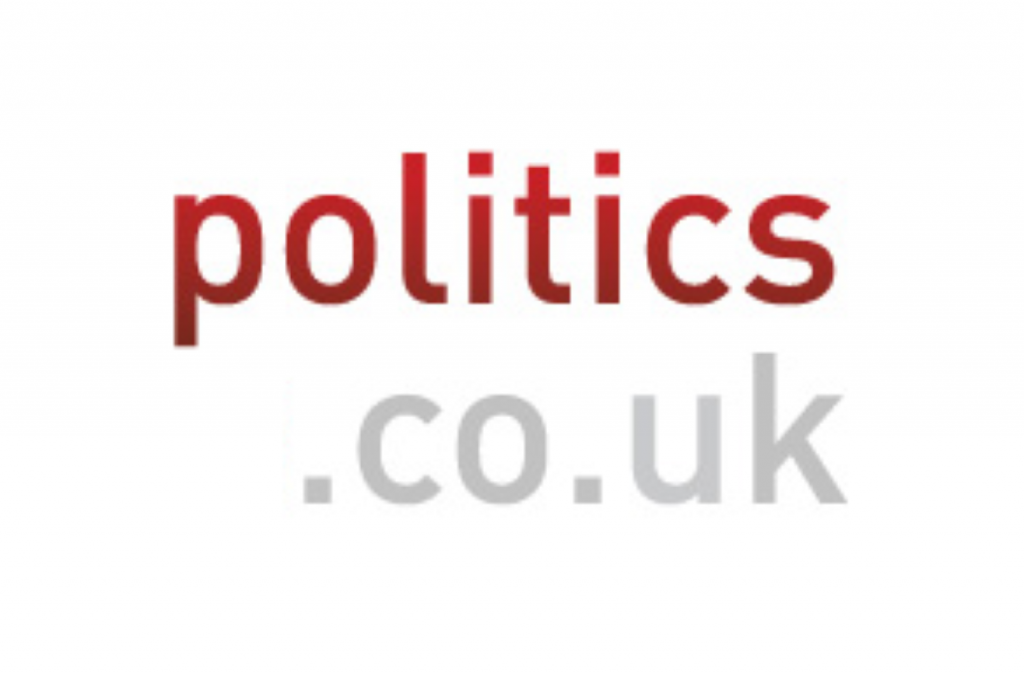Private schools face fee-fixing fine
Some of Britain’s leading private schools could face fines, after the Office of Fair Trading (OFT) today found them in breach of competition regulations.
A provisional report by the watchdog accuses 50 leading independent schools, including Eton, Harrow and Westminster, of fee-fixing after an investigation into their sharing of financial information.
The allegations focus on a fee information exchange scheme for each academic year known as the Sevenoaks survey.
Sevenoaks school collated fee increase information and circulated it to all the schools in the form of a table, which was then updated and circulated between four and six times a year.


OFT views that policy as a contravention of the Competition Act, which came into force in 2000.
It says that the “regular and systematic exchange of confidential information” between schools on their intended fee increases was “anti-competitive and resulted in parents being charged higher fees than would otherwise have been the case”.
But the Independent Schools Council (ISC) has responded to the findings with incredulity, calling the investigation “Kafkaesque”, and criticising the government’s failure to consult schools or announce in parliament the change made to previous legislation.
It branded the investigation – which has lasted over two years and is likely to go on for at least another after the schools were given until March 2006 to respond – as a “scandalous waste of public money”.
The schools could now face heavy fines, although the OFT “does not anticipate that any penalty imposed is likely to be at the top end of the range available”.
But the schools concerned are set to “robustly” defend themselves, and will point out they stopped sharing information as soon as they became aware that the rules had changed.
“This is a Kafkaesque situation,” Jonathan Shephard, ISC general secretary, said.
“The law seems to have changed without parliament realising – and without the independent sector being consulted – contrary to the government’s own strict guidelines on consultation.
“Schools are now being held liable for breaking a law which no-one knew applied to them. The moment that schools realised that the law had changed they immediately stopped exchanging information.”
The ISC represents the seven leading independent schools associations in the UK and is responsible for 500,000 children in 1,272 schools.

